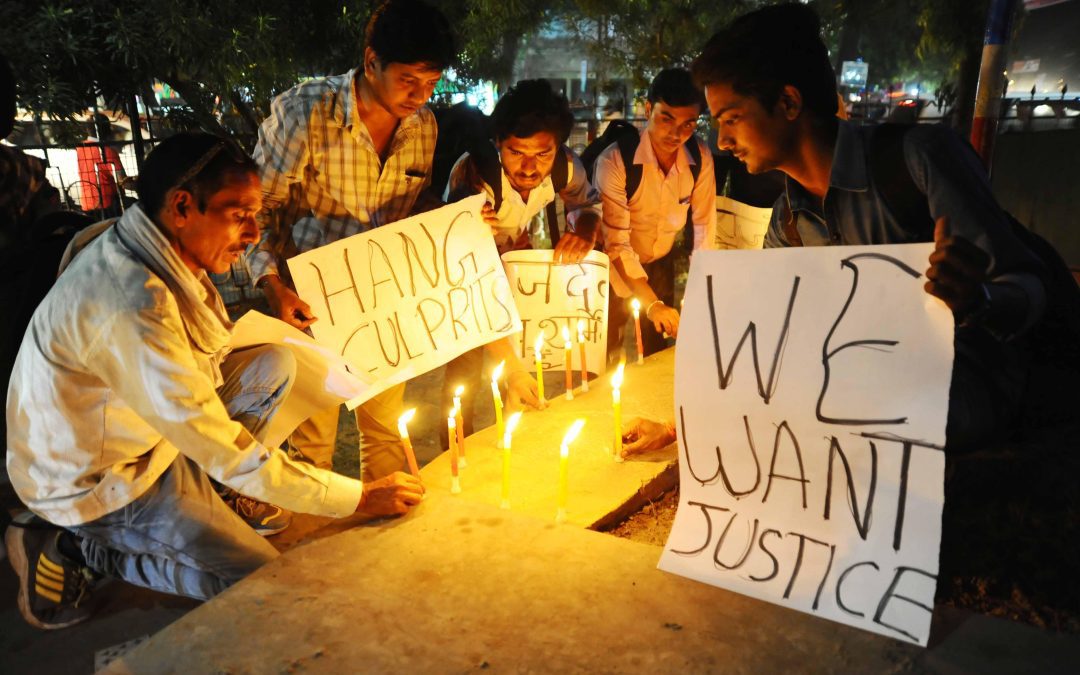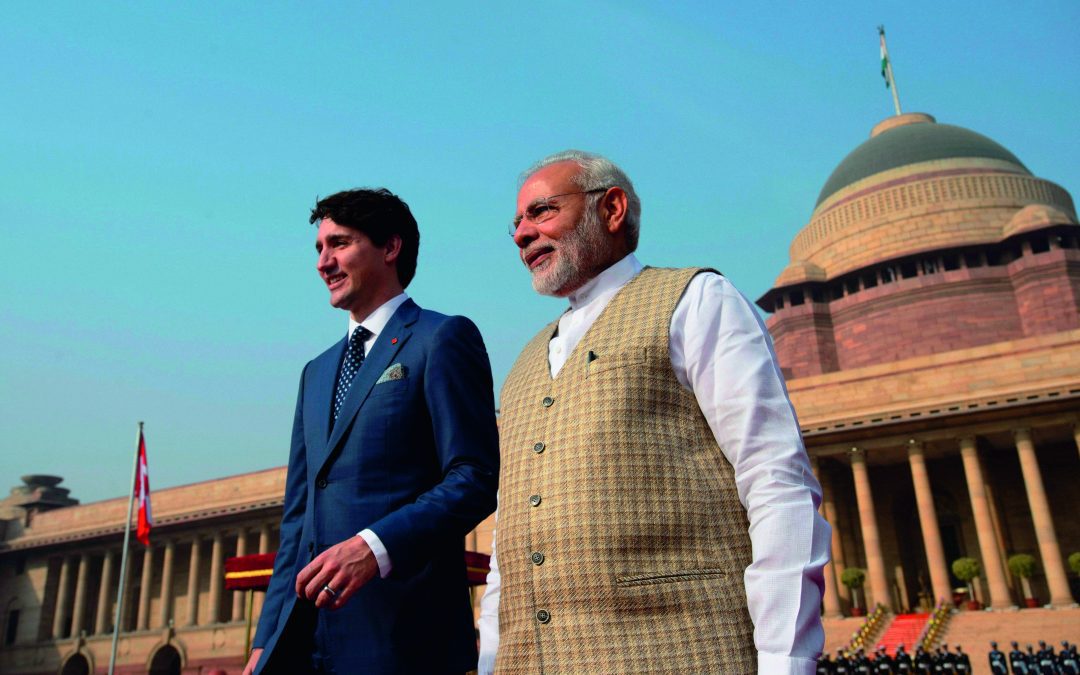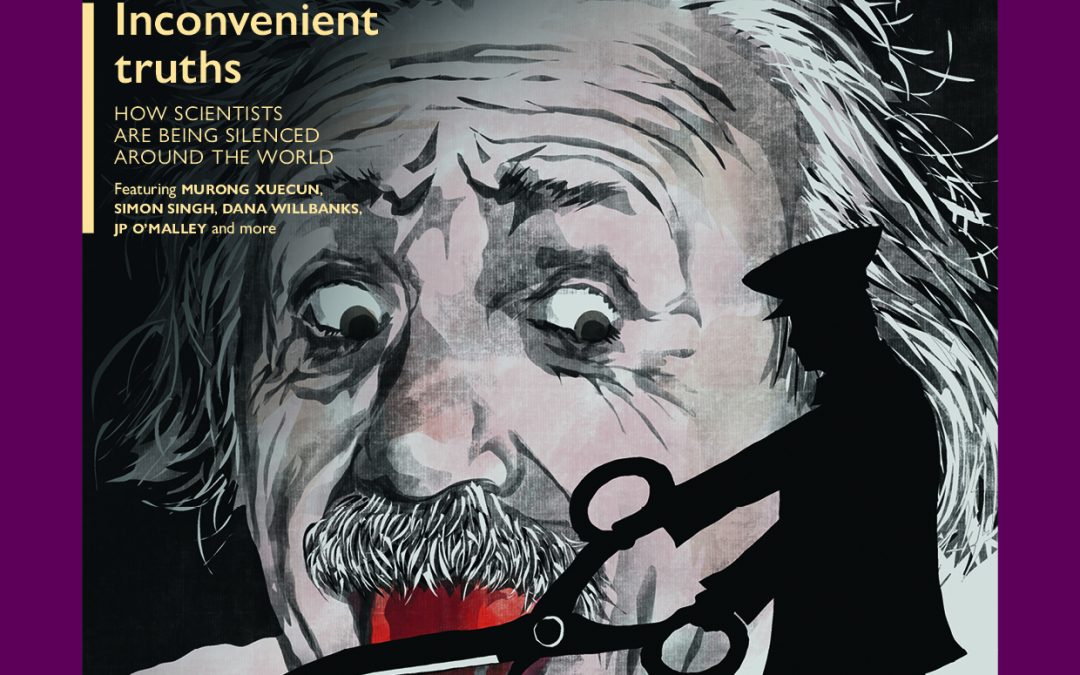The Russian leader is revisiting the Cold War playbook by using mental manipulation to silence dissidents and its use is growing


The Russian leader is revisiting the Cold War playbook by using mental manipulation to silence dissidents and its use is growing

Angana Chakrabarti reports from the North Eastern region, where government advertising is used as a tool to control the media

Reporting on organised crime in the eastern state of Bihar is a deadly business

Katie Dancey-Downs talks to the scientists who have been censored for questioning the effectiveness of animal testing

The Indian government is revoking the status of its overseas citizens and denying visas for those critical of Modi

Volume 53.03 Autumn 2024

Contents

Ravish Kumar was one of the biggest independent voices of Indian channel NDTV before he dramatically resigned to set up his own YouTube channel in 2022. Vrinda Sharma has been at his side ever since
An exploration of some of the innovative strategies employed by Iran’s directors to circumvent censorship

A special investigation reveals more than half of UK school librarians surveyed by Index have been asked to remove books from their shelves
A quarterly journal set up in 1972, Index on Censorship magazine has published oppressed writers and refused to be silenced across hundreds of issues.
The brainchild of the poet Stephen Spender, and translator Michael Scammell, the magazine’s very first issue included a never-before-published poem, written while serving a sentence in a labour camp, by the Soviet dissident Aleksandr Solzhenitsyn, who went on to win a Nobel prize later that year.
The magazine continued to be a thorn in the side of Soviet censors, but its scope was far wider. From the beginning, Index declared its mission to stand up for free expression as a fundamental human right for people everywhere – it was particularly vocal in its coverage of the oppressive military regimes of southern Europe and Latin America but was also clear that freedom of expression was not only a problem in faraway dictatorships. The winter 1979 issue, for example, reported on a controversy in the United States in which the Public Broadcasting Service had heavily edited a documentary about racism in Britain and then gone to court attempting to prevent screenings of the original version. Learn more.